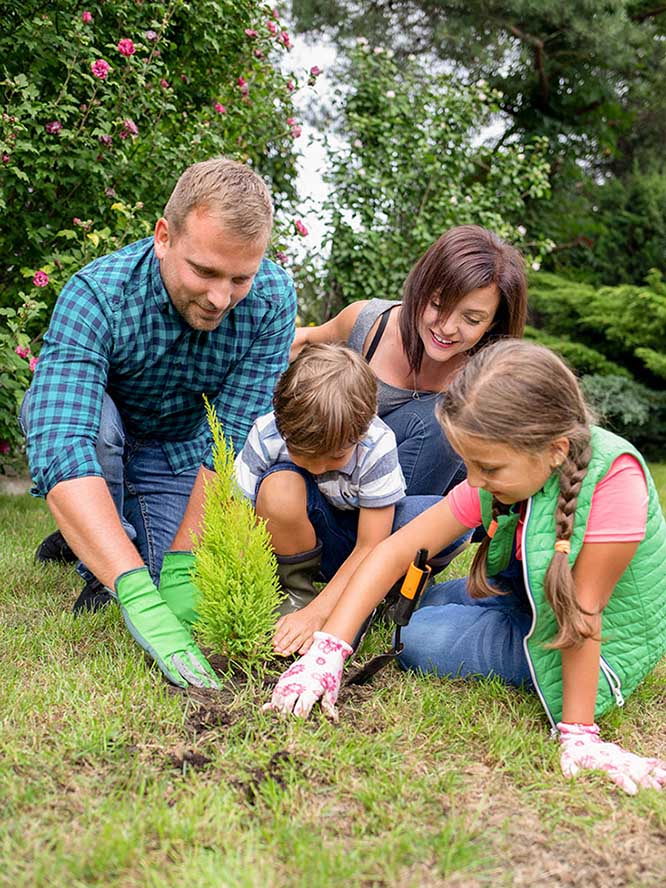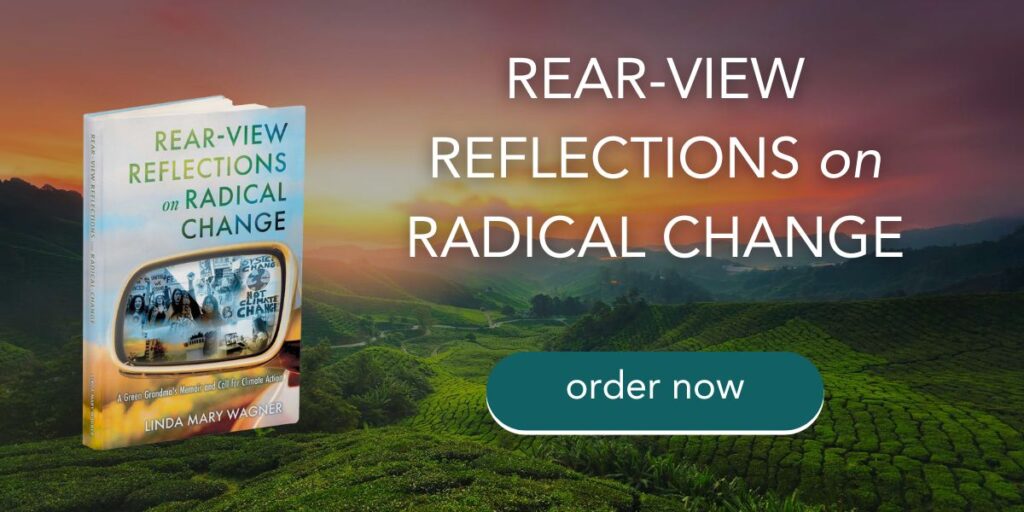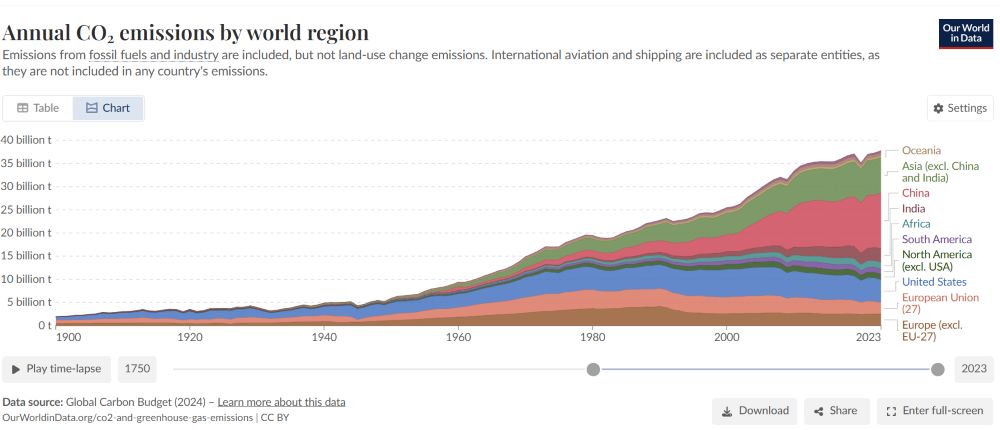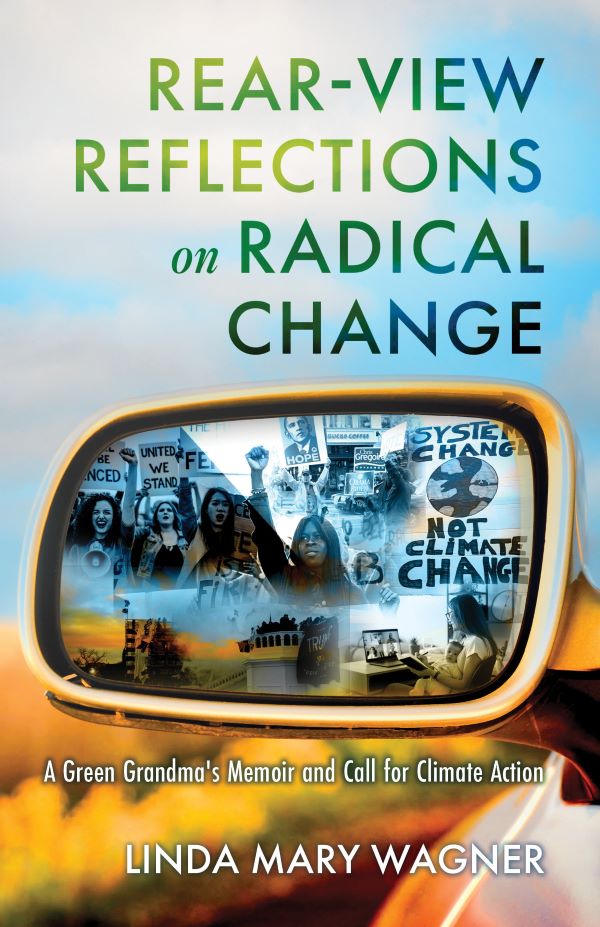Most younger adults, and even some teens, hit the question eventually – do I want to have children? For generations before the availability of effective birth control and reproductive freedom, the question was answered by biological reality, not by choice.
But tools for family planning introduced during the 20th century brought options for the lives of many, if not most, women. In my own life, I had the chance to raise the question. Like others considering parenthood, I asked myself whether I had the right partner, enough financial security, and the character and personality for the stresses and strains that arrive with babies. But I also considered whether it was morally fair to bring a child into a world burdened in the 1970s and 1980s with war, unrest, and environmental hazards.
Today one question many ask is, “How you can bring a child onto an earth facing the existential crisis of climate change?”
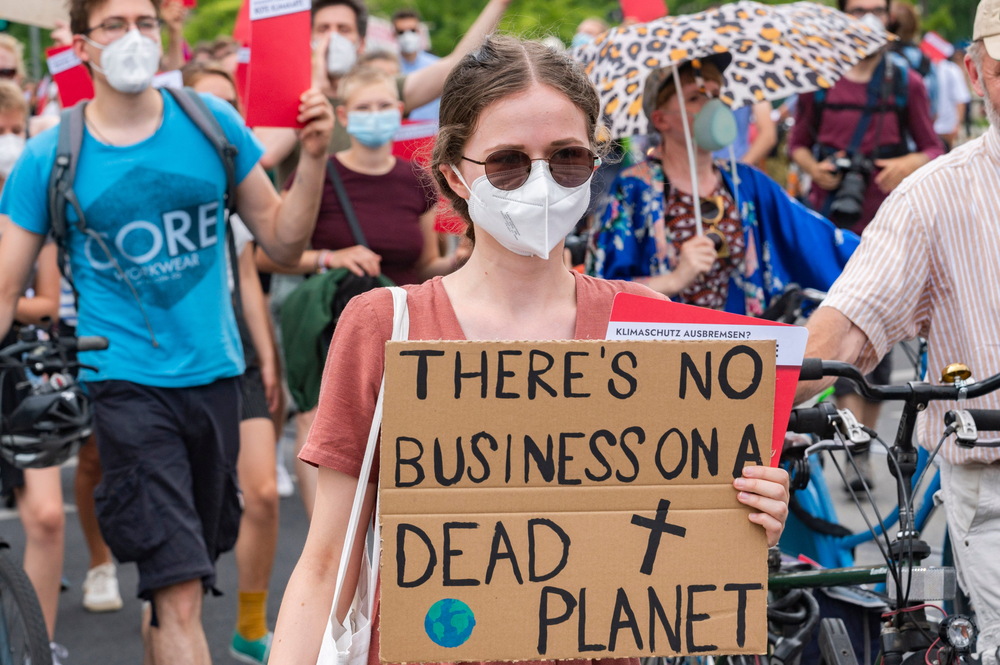
Nearly 80% of Gen Z Adults Say: No Children for Me
Along with reports about working remotely on vacation, the American diet, and boredom in children, the Britain-based digital news site SWNS posted this story about a 2020 survey: Majority of young American adults say climate change influences their decision to have children.
Reported by Marie Haaland of the media operation’s New York office, the main takeaways from the news item are these:
- “The survey of 2,000 Americans, split evenly by four generations, revealed 78% of Gen Zers aren’t planning — or didn’t want — to have children of their own as a result of climate change.
- Seven in 10 millennials felt the same — but that’s not all: In addition to their thoughts on parenthood, 50% of Gen Zers said their career path changed due to climate change.
- And 73% of millennials say climate change affected where they planned to live.
- It hasn’t only affected their decisions — it’s also impacting their health, as results revealed climate change has negatively affected 59% of respondents’ mental health (71% for millennials and 67% for Gen Z).
- Commissioned by Seventh Generation and conducted by OnePoll in advance of Earth Day, the survey split respondents by generation — Generation Z, millennials, Generation X and baby boomers — and compared their thoughts and actions toward climate change.
- Turns out, 44% believe — regardless of our actions — the Earth will become uninhabitable as a result of climate change.”
You’ve probably seen Seventh Generation cleaning and paper products at your local grocery store. Why would a household products company be commissioning a survey like this? The CEO’s message on their website may explain: “At Seventh Generation we are committed to providing effective, safe, bio-based products that are good for the planet and for your family…And we are on a mission to create a more healthy, sustainable, and equitable world for the generations to come. Join us. For the next seven generations.”
Planning for Children & Global Warming
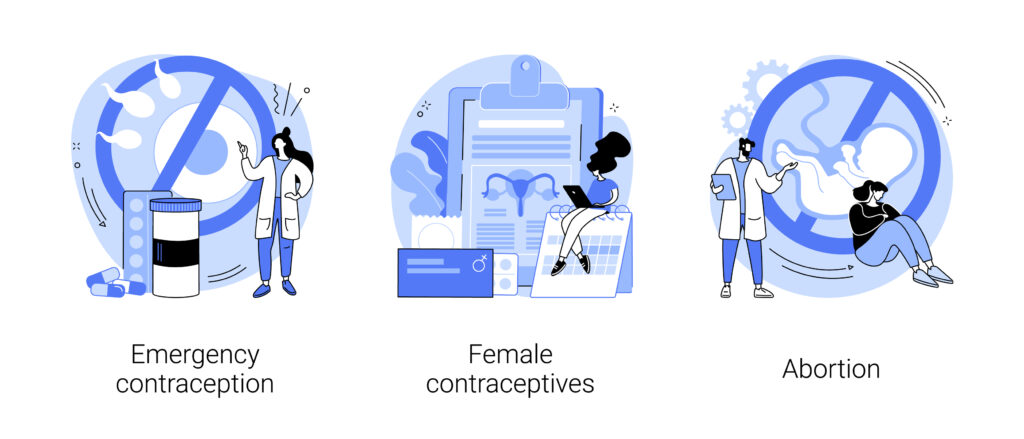
The 2020 survey news was picked up recently by Anthropocene Magazine in a piece titled “What does family planning look like in a warming world?” and subtitled, “The answer will depend as much on climate anxiety as carbon emissions.” (See my previous blog post, “Confronting Climate Anxiety.”)
The magazine cites additional evidence for this profound anxiety. “As temperatures rise, enthusiasm for families fall. Jade Sasser, an associate professor at the University of California Riverside, conducted a survey of 2,500 Millennials and Gen Zers for her book Climate Anxiety and the Kid Question, published this month. “Having and raising children symbolizes futures where we can feel good about parenting children, giving them a good life, and leaving some sort of legacy,” she writes. “For many people of reproductive age, that hope is being threatened by climate change.” A large meta-study of 13 studies with over 11,000 people (mostly from the global north) found that 12 of them had solid evidence linking greater climate concern with intentions to have fewer children or none at all.”
The article goes on to cite the declining birth rate, lower enrollment in day care and schools, and the fact that even the pandemic period with couples at home did not see an upsurge in births. Nevertheless, some argue that giving up parenthood as a choice is not an effective way to fight climate change. “The climate impact of individual fertility choices will play out over hundreds of years, but tackling climate change requires immediate action. The nonprofit Founders Pledge calculates that donating $1000 today to specific climate charities that are sequestering carbon is far more effective in terms of the climate than any lifestyle choice—including having one fewer child.”
Anthropocene suggests that younger adults who question the feasibility of parenthood consider several points:
- “Activism on such an emotional topic doesn’t always play out as intended. This social history of the BirthStrike for Climate group, which launched in 2019 and disbanded in 2021, makes for fascinating, and at times quite moving, reading. Despite never advocating for population control, the group found its message misunderstood and misinterpreted.”
- “Previous attempts to interfere with families’ fertility choices have been disastrous. Eugenicists and racists attempted to use birth control in the US for social engineering, while forced sterilizations plagued many countries.”
- Rather than having no children, consider fewer children. “Norwegian economist Vegard Skirbekk suggests we embrace a low birthrate world. “Low fertility and shrinking population size can reduce overcrowding and resource use, and make it more feasible to meet climate targets and reduce pollution,” he wrote in this insightful piece for Wired in 2022. Although many countries will have aging populations, seniors are healthier than ever, and there are plenty of youngsters from nations still growing rapidly to keep the engines of society ticking over.”
Keep Hope Alive
As long as effective birth control methods remain accessible, the freedom to choose to have children or not, or how many to have, are options deserving serious contemplation. With reproductive freedom under assault in the USA and elsewhere, these choices are intimately connected with young adults’ concerns about the climate crisis.
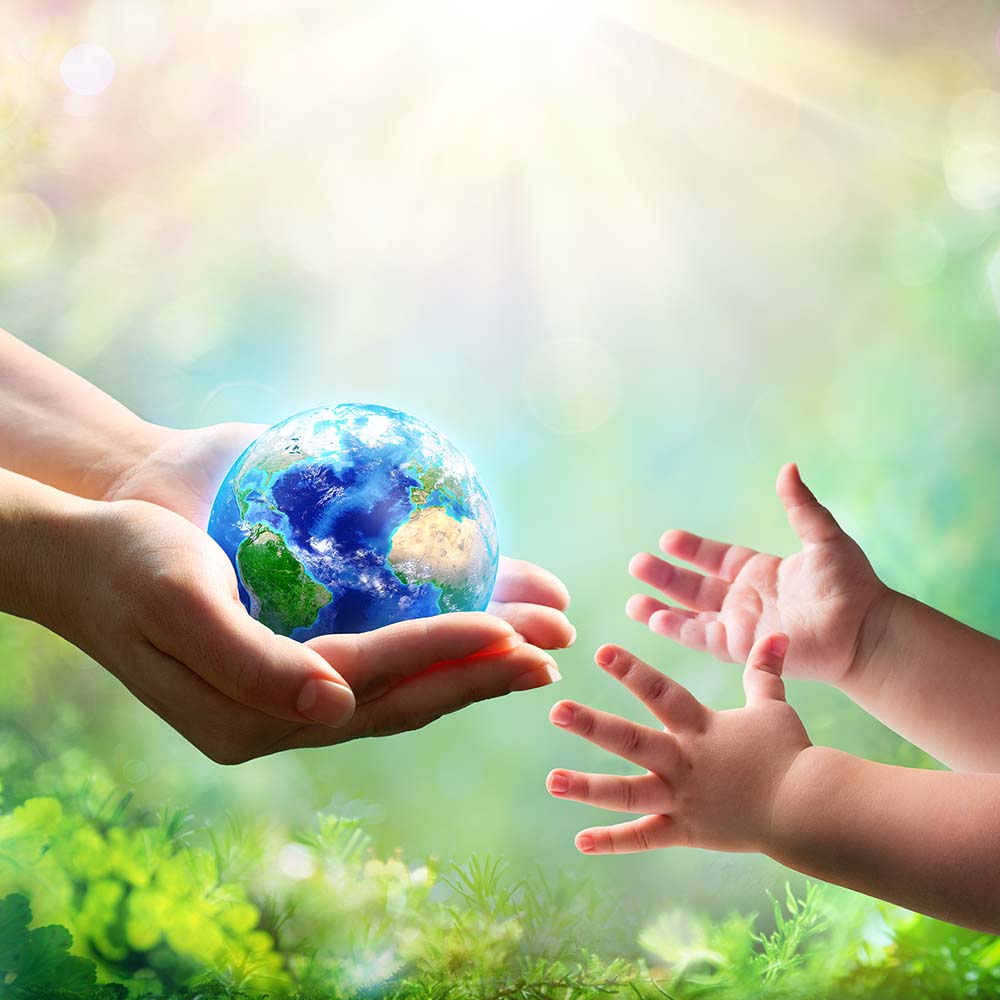
How can we keep hope alive for future generations? Allow young adults their reproductive freedom. Above all, let’s prioritize the reduction of fossil fuel use and greenhouse gases to stem the climate crisis that threatens their hope.

